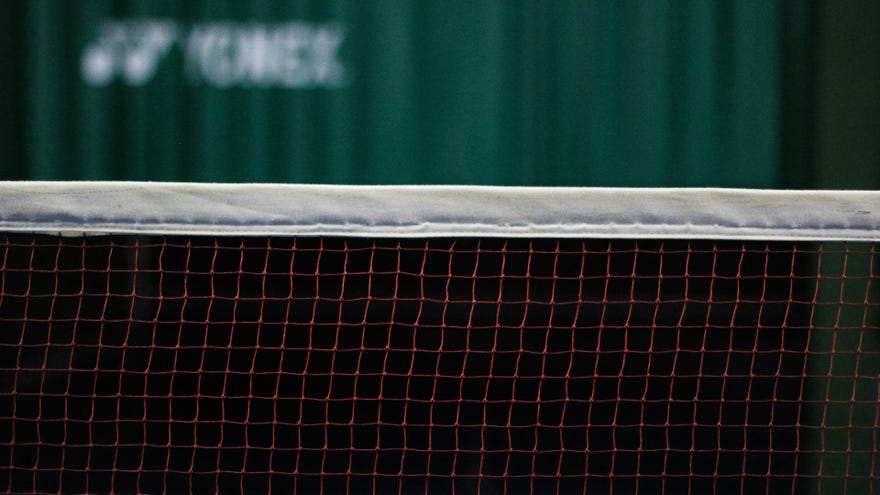For two years, Kento Momota had the best game in the world
Ten years in development
Last week, I watched one of my favourite badminton players Kento Momota play his final match. As he stepped off court for the last time, I found myself welling up. He doesn't know me - of course he doesn't - and I don't know him. But for ten years I'd watch him at every opportunity and see him grow into one of the all-time greats. For me, his retirement wasn't only devastating in the sense he was a great ambassador for the sport: a positive soul, a good speaker, a hard worker. No, it also spelled the end of us being able to witness something impossible to replicate, a 'game' of badminton uniquely his. And for a magical two years, he had the best game in the world.
To view this article you'll need to have a Premium subscription. Sign up today for access to more supporter-only articles, an ad-free reading experience, free gifts, and game discounts. Your support helps us create more great writing about PC games.
See more information
